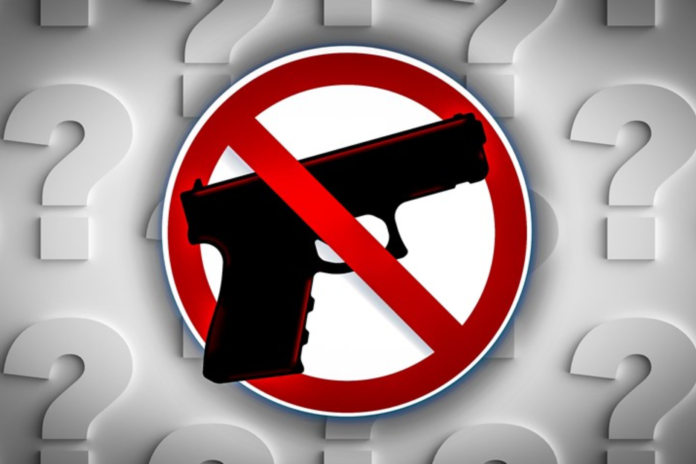Legislation tightening restriction of access and opportunities to own firearms is gaining momentum from recent mass shootings and leverage from the media. On Thursday night, the Minnesota House of Representatives approved two bills that advocates say represent incredible gun reform: one bill, HF8, requires a criminal background check on all gun sales; the other, HF9 — the so-called red flag bill — aims to keep guns out of the hands of people proven dangerous to themselves or others.
Democrats and those who advocate gun control have spent many sessions pushing for a bill to expand criminal background checks covering most private firearms transfers, as well as for a second bill enacting a “red flag” law to let the government temporarily remove guns from people deemed a threat to themselves or others. The first bill passed the House 69-62, the second 68-62.
House Speaker (D) Melissa Hortman described the bills as a response to an “urgent crisis,” one recently marked by last Wednesday’s shooting at a Molson Coors plant in Milwaukee.
“We’ve almost become immune to these kinds of news stories,” Hortman said. “And we know that the laws that we proposed enacting here in Minnesota have been enacted in Republican-led states with Republican governors, Republican Houses, Republican Senates, and we know that they have saved lives in those states.”
The bills passed this session in the Democrat-dominated House, even after suffering a closure in committee last year. However, there is still no clear path for these “red flag” bills to advance out of the Republican-controlled Senate. Senate Majority Leader (R) Paul Gazelka promised gun rights activists last year that he would work to block universal gun registration and red flag legislation that can lead to confiscation without due process. Despite that, Gazelka stated that he was “committed to giving those bills and other gun bills a hearing in the Senate” if the House passed them separately.
Yet, the decision to close access to firearms is not unanimous across Minnesota. Five counties, all of them in northern Minnesota — Clearwater, Marshall, Red Lake, Roseau, and Wadena — have vowed to not use county funds to enforce “red flag” laws that they believe restrict citizens’ constitutional rights to keep and bear arms. Representative Marion O’Neill (R) asserted that Minnesota’s constituents will show up to the polls in November “not in the way that [Democrats] think” in order to preserve Second Amendment rights.

















